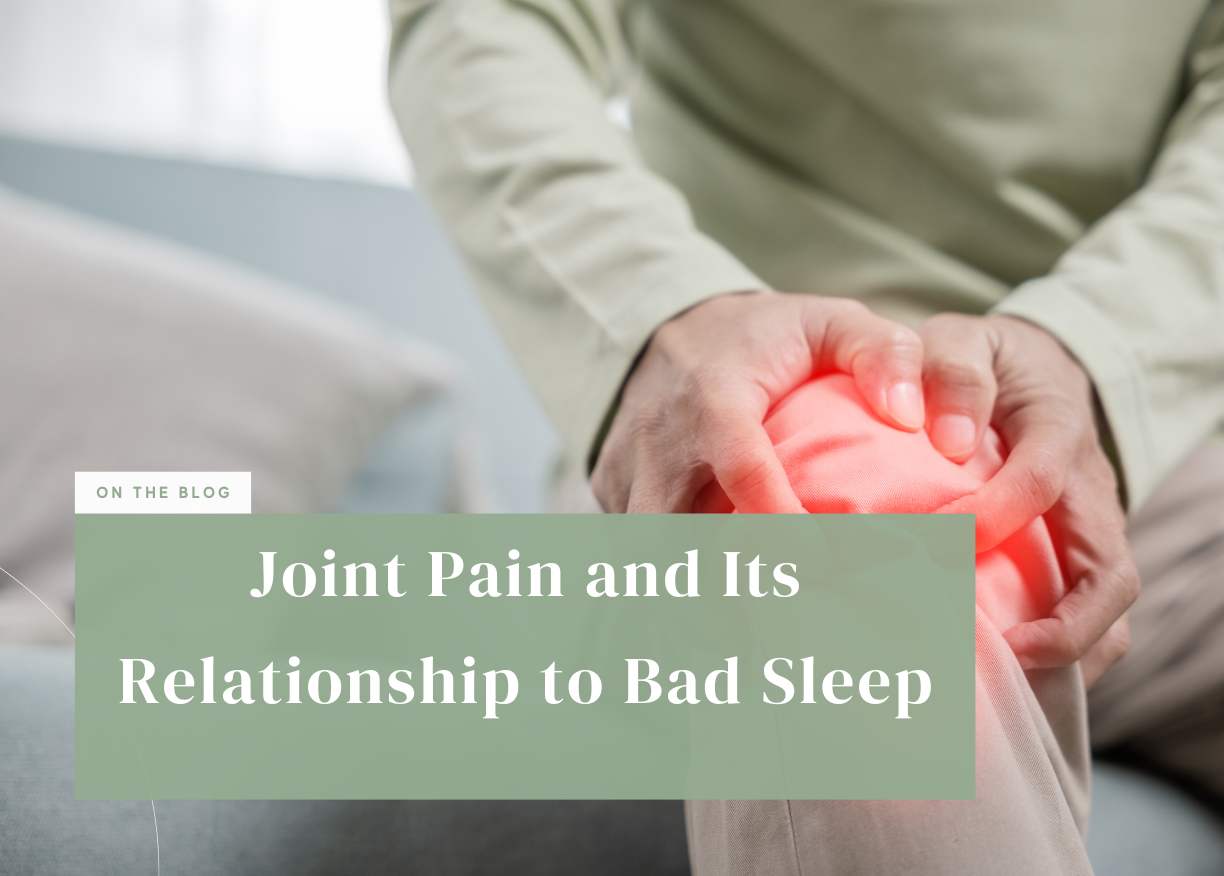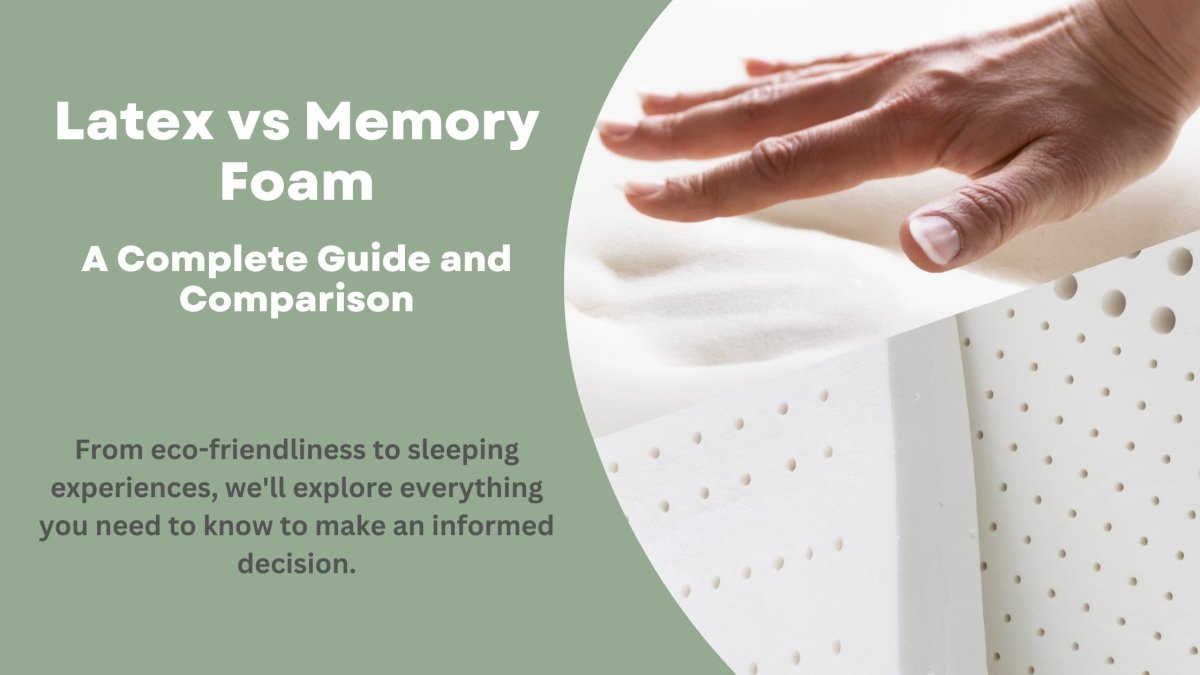Joint Pain and Its Relationship to Bad Sleep
If you’re dealing with joint pain, you likely know how challenging it can be to get a good night’s sleep. But did you know that the relationship between joint pain and sleep is a two-way street? Poor sleep can worsen joint pain, and joint pain can disrupt sleep, creating a vicious cycle that’s hard to break. Understanding this connection is key to finding relief and improving your overall well-being.
How Joint Pain Affects Sleep
Joint pain, particularly from conditions like arthritis, can make it difficult to find a comfortable sleeping position. This discomfort often leads to frequent awakenings throughout the night, reducing the quality of your sleep. Studies have shown that people with chronic pain, including joint pain, are significantly more likely to suffer from sleep disorders like insomnia and restless leg syndrome (Arthritis.org) (UPMC Share).
The pain itself can become more intense at night due to prolonged periods of immobility. When you’re not moving, your joints can stiffen, causing more pain and making it even harder to sleep. This creates a cycle where pain leads to poor sleep, and poor sleep increases the perception of pain (UPMC Share) (Cleveland Clinic).
The Impact of Poor Sleep on Joint Pain
Lack of quality sleep doesn’t just result in feeling tired; it can also make your joint pain worse. When you don’t get enough restorative sleep, your body’s ability to cope with pain diminishes. This can lower your pain threshold, meaning that the same level of discomfort feels much worse after a bad night’s sleep. Research suggests that sleep deprivation affects the brain’s pain-processing mechanisms, making pain seem more intense than it is (Harvard Gazette).
The Role of the Right Mattress
One of the most effective ways to mitigate joint pain and improve sleep quality is by choosing the right mattress. A supportive and pressure-relieving mattress can make a significant difference in how well you sleep. The Honey Hybrid Organic Mattress from Sweet Zzz is designed specifically with comfort and support in mind. Its natural materials and adaptive support system help to alleviate pressure on sore joints, making it easier to find a comfortable position and stay asleep throughout the night. Investing in a mattress that addresses joint pain can break the cycle of poor sleep and pain, giving your body the rest it needs to heal (Cleveland Clinic).
Additional Tips for Managing Joint Pain and Sleep
Aside from investing in a quality mattress, there are other strategies you can use to improve your sleep when dealing with joint pain:
- Sleep Positioning: Adjust your sleep position based on where your pain is most severe. For example, side sleepers with hip pain can place a pillow between their knees to align the spine and reduce pressure on the joints (UPMC Share).
- Stay Active: Regular low-impact exercises, like walking or swimming, can help maintain joint flexibility and reduce pain. However, avoid exercising too close to bedtime as it may interfere with your ability to fall asleep (Cleveland Clinic).
- Warm Baths and Heat Therapy: Taking a warm bath or using a heating pad before bed can help relax stiff joints and reduce pain, making it easier to fall asleep (UPMC Share).
- Maintain a Sleep Routine: Consistent sleep hygiene practices, such as going to bed at the same time every night and keeping your bedroom dark and quiet, can improve your sleep quality and reduce the impact of joint pain on your rest (Cleveland Clinic).
Final Thoughts
Joint pain and poor sleep often go hand in hand, but understanding their relationship can help you find effective solutions. By addressing the root causes of your discomfort and making adjustments to your sleep environment, including considering a supportive mattress like the Honey Hybrid Organic Mattress, you can improve both your sleep and your quality of life.




